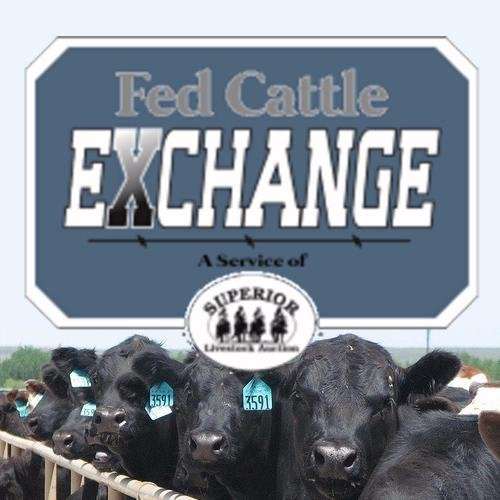
Fed Cattle Exchange, the internet-based fed cattle trading platform that is a wholly owned subsidiary of Superior Livestock Auction, hosted a revealing trading session during Wednesday morning’s offering. While some southern cattle in Kansas, Texas and Oklahoma traded around $129, which was steady with trade seen last week across most of the country, commercial feed yards in the north illustrated their desire for higher prices this week as they started offering cattle at $132-$133 for immediate delivery and $131 for deliveries into the 2nd and 3rd week of May.
As the trading session continued to unfold, northern cattle feeders were unfazed by the market’s activity and held their ground at the $132-$133 pricing; while southern feeders were comfortable trading cattle par with last week’s pricing and taking advantage of a historically positive basis over the June Live Cattle CME contract. This offering was important because it displayed producer’s intentions as they were adamant on holding their ground and seeing higher prices by the end of business.
Once the trading session concluded, packer bids in the south stayed around $130, which resulted in many cattle feeders passing. Shortly after bids were increased to $131 and ultimately as high as $133, resulting in many producers getting their cattle sold.
This Fed Cattle Exchange offering spoke to the fact that cattle feeders are willing to take calculated risks and not settle for steady prices this week.
Click here to see more...